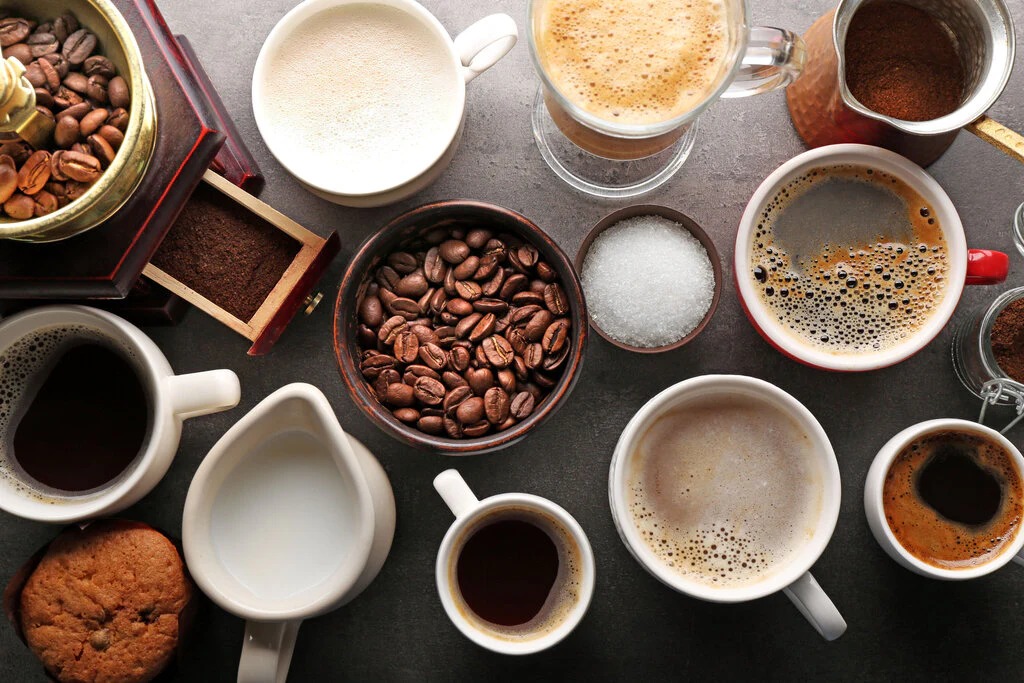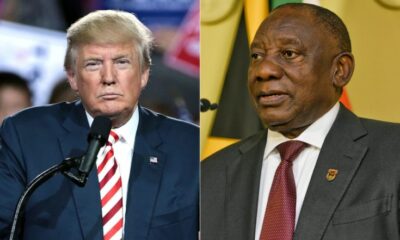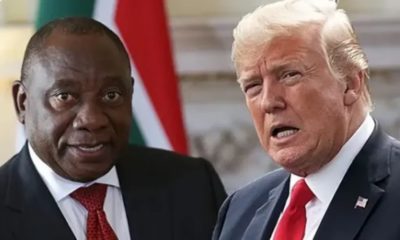Business
US Tariffs Could Bring Coffee Price Relief to South Africans in 2025

Coffee in South Africa has become more than a morning ritual. It’s a culture, a social staple, and for many, a non-negotiable daily expense. But lately, that cup has been burning a hole in the pocket. Instant coffee prices rose about 16.4% year-on-year in June, according to Stats SA’s basket tables, making it the steepest climber in the hot beverages category. It’s no wonder South Africans have been grumbling about the price of their favourite flat whites and instant jars.
While households have been adjusting to pricier groceries and higher fuel costs, a surprising twist in global politics could offer temporary relief for local coffee lovers. Ironically, the latest US trade war may deliver some good news to Joburg’s coffee scene.
Why the price of coffee keeps climbing
The sharp increase has little to do with local cafés charging more and everything to do with the global supply chain. Brazil, the biggest coffee producer in the world, has been battered by poor weather. Vietnam, which accounts for nearly half of global output alongside Brazil, has seen crops decimated by prolonged droughts. Indonesia, meanwhile, has had the opposite problem, with excessive rains damaging cherries.
These supply shocks have pushed production down and prices up. Add in higher shipping costs and fluctuating currencies, and South African importers are paying more before the beans even touch our shores. Local roasteries like Quaffee have been open about these pressures, warning that higher fertiliser and labour costs are compounding the crunch.
A trade war twist with a silver lining
On 7 August, the United States imposed a 30% tariff on South African goods, escalating a broader tariff battle that also hit major agricultural producers. Brazil now faces a 50% tariff, India and Vietnam have been hit with new duties, and Japan and China are also feeling the pressure.
With the US market suddenly harder to access, countries like Brazil are scrambling to redirect their exports. Economists believe this could work in South Africa’s favour. “Two things are going to happen for Brazil,” explained Thabile Nkunjane from the National Agricultural Marketing Council. “Either they find alternative markets immediately, which isn’t going to happen, or they are going to have to sell their coffee at maybe relatively lesser prices. For us, who are buyers of their coffee, this is going to be a bargain.”
What it means for South Africans
If Brazil is forced to offload excess coffee at lower prices, South Africans may soon see some relief at the tills and in cafés. After months of relentless hikes, even a modest dip in costs would be a welcome break. Coffee shop culture in cities like Johannesburg has continued to thrive despite rising costs, but consumers have become more price-sensitive, choosing smaller sizes or fewer café visits. A short-term drop could give the sector a boost and ease household pressure.
The bigger picture
Of course, economists warn this is not a permanent fix. Brazil’s crops remain vulnerable to erratic weather patterns, and producers may choose to spread their exports across new markets rather than flood South Africa with cheaper beans. That would blunt any price relief.
Still, for now, coffee lovers can take comfort in the possibility of a cheaper cup. After all, in a country where daily routines often begin and end with coffee, even a temporary reprieve is something to savour.
Also read: Starlink Wants Investment over Ownership in South Africa’s B-BBEE Rules
Follow Joburg ETC on Facebook, Twitter, TikT
For more News in Johannesburg, visit joburgetc.com
Source: Business Tech
Featured Image: Uno Casa



























